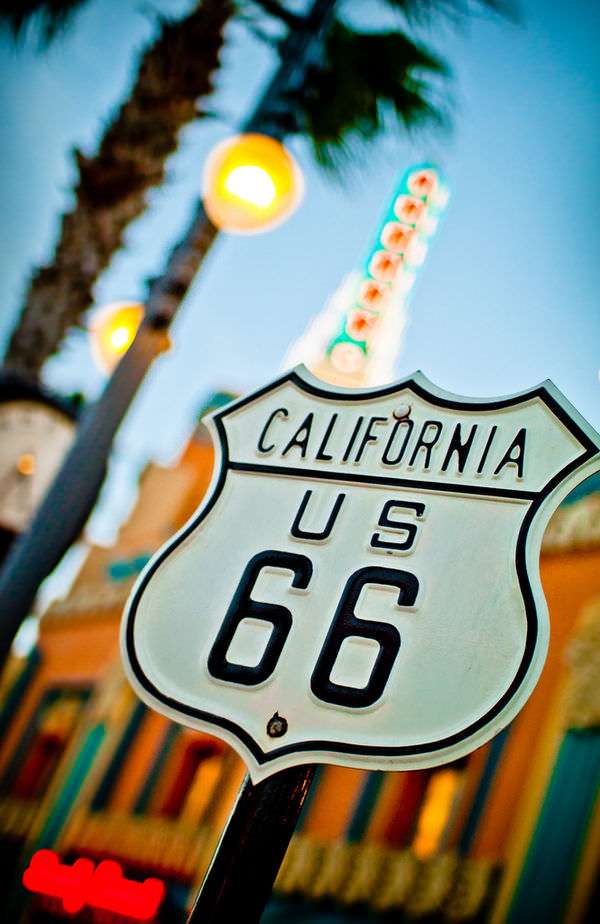California's $910 Million ObamaCare Exchange

How much does it cost to open one of ObamaCare's state-run health exchanges? In California, the answer is nearly $910 million and counting.
Health policy consultant Robert Laszewski notes that California has already received a little more than $909 million in federal grants—an amount that's actually $32 million less than the state's exchange director asked for. Does that sound like a fair price? It's not really possible to make a direct comparison to any private sector initiative, but Laszewski provides some useful context:
For some additional perspective I took a look at what it cost to launch the private insurance marketing site, Esurance. That company sells not only health insurance but also things like homeowners and auto insurance across the country. When I put my zip code into their system along with my age, they offered me 87 different health plans from all the big players in my area. Now granted, the new health insurance exchanges are more complex because they have to interface with Medicaid and the IRS as well as calculate subsidies. But the order of magnitude difference in what it cost to launch esurance compared to the California exchange is pretty big.
Privately funded Esurance began its multi-product national web business in 1998 with an initial $5.5 million round of venture fund investment in 1999 and a second round of $34 million a few months later.
The start-up experience of other major web companies is also instructive. Facebook received $13.7 million to launch in 2005. eBay was founded in 1995 and received its first venture money in 1997––$6.7 million in 1997.
Even doubling these investments for inflation still leaves quite a gap.
So where's all the money going? A big chunk is going to the infrastructure and information technology components—building out the website and database technology necessary to manage the law's subsidies and facilitate enrollment in the exchange-based health plans. But a lot of it is just going to marketing and enrollment. As Laszewski notes, the state is launching a two-year, $250 million marketing campaign intended to get people to sign up for the exchange. The state is also paying 20,000 part-time "enrollers" $58 an application for each person they sign up. In contrast, California Blue Shield serves 3.5 million members with just 5,000 employees.
Despite the expense there's one thing the state likely won't be getting: a nice, stable insurance market. Few states are more supportive of ObamaCare than California, but the states insurance regulators have warned the Obama administration to expect "rate shock" and "market disruption" as part of the transition to ObamaCare. There are some things money can't buy.


Show Comments (20)